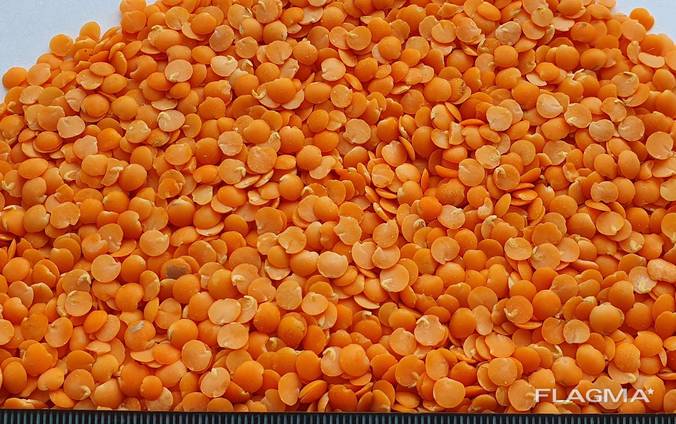India poised for large lentil crop

Canadian lentil exports to India are expected to fall in 2022 despite the elimination of the import tariff, say analysts.
Gaurav Jain, director of AgPulse Analytica, estimates that India’s total lentil imports will fall to no more than 500,000 tonnes in 2022, down from 724,540 tonnes last year.
Canada accounted for 78 percent of last year’s import volumes but that market share is expected to decline in 2022 due to stiff competition from Australian product, he said.
India was Canada’s top lentil market in 2021 with $393 million of sales to that country, followed by Turkey at $340 million and United Arab Emirates at $240 million, according to Statistics Canada.
The forecast for a steep decline in exports to Canada’s top market is the result of a bumper crop in India.
India’s ministry of agriculture is forecasting 1.58 million tonnes of lentil production in its second advance estimate of the 2021-22 crop.
That is up 9.8 percent over last year and just shy of the all-time record of 1.62 million tonnes set in 2018.
Jain said there was no second advance estimate that year but the third estimate started with a number of 1.51 million tonnes.
“We expect the government is conservative this year as well. AgPulse yield model suggests a base number of 1.65 million tonnes this year, with a positive outlook,” he said in an email.
Chuck Penner, analyst with LeftField Commodity Research, said the reports of a large crop mesh with what he is hearing and seeing from satellite vegetation maps and rainfall maps.
He said the best way to check on reports coming out of India is to monitor prices in that country and lentil prices that had been stable, recently took a downward turn.
If production is up 100,000 to 150,000 tonnes it makes sense that exports would fall, he said.
But what is confusing is that on Feb. 12 India eliminated its 11 percent import tariff on lentils from all regions of the world except for the United States, where a 22 percent tariff remains in place.
The new policy is in effect through Sept. 30, 2022.
David Nobbs, a trader with Purely Canada Foods, said implementing a policy to encourage imports while farmers are harvesting a bumper crop of lentils makes no sense.
“I don’t get it,” he said.
“It’s a complete head scratcher.”
Penner agrees, but he said the policy change likely won’t result in a big influx of imported lentils due to Canada’s short crop in 2021.
It could, however, result in slightly improved grower bids in Western Canada because there is now an extra 11 percent to play with, he said.
Some have speculated that the elimination of the import tariff is an attempt by the government to keep food price inflation in check but Jain isn’t buying that argument.
“Lentils form a small portion of the Indian pulses palate and is considered a rich man’s dal,” he said.
“The decision has perplexed us as well.”
Another factor to keep an eye on in the lentil market is the drought gripping the Middle East.
U.S. Wheat Associates is reporting that Iran, Syria, Iraq, Turkey and Egypt have all seen crop reductions, suggesting that higher wheat import volumes will be needed to meet domestic demand in those countries.
Penner said it is not clear whether the drought will impact Turkey’s red lentil production because the crop is grown in a tiny region of the country.
“It’s something certainly worth watching,” he said.
“I think Turkey will be in for good (import) volume again next year.”
Nobbs said Turkish importers don’t appear to be panicking.
“My gut says they’re not concerned about it because we can hardly get them to return our calls,” he said.
“They’re just not active.”
He said the Canadian grower is expecting 40 cents per pound for their lentils but the Turkish buyer is closer to 35 cents.
Nobbs said any old-crop lentil business to Turkey needs to be completed soon because the country will erect trade barriers starting in June when its domestic crop is harvested.
Read also
Wheat in Southern Brazil Impacted by Dry Weather and Frosts
Oilseed Industry. Leaders and Strategies in the Times of a Great Change
Black Sea & Danube Region: Oilseed and Vegoil Markets Within Ongoing Transfor...
Serbia. The drought will cause extremely high losses for farmers this year
2023/24 Safrinha Corn in Brazil 91% Harvested
Write to us
Our manager will contact you soon



